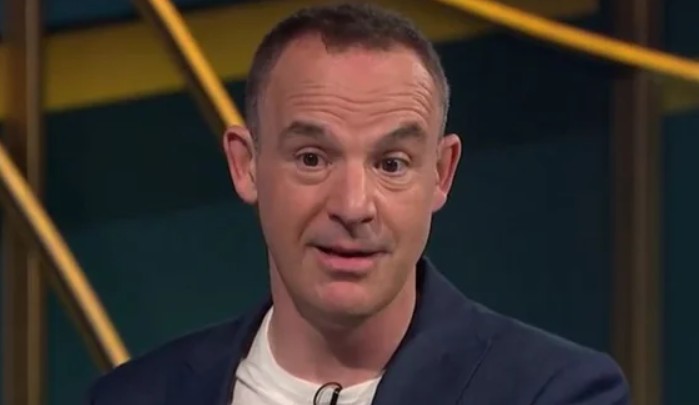Martin Lewis Reacts to Rumours Government Could Axe VAT on Energy Bills
As households brace for another surge in energy costs this autumn, Martin Lewis, the founder of Money Saving Expert, has weighed in on reports suggesting that the Government might scrap the VAT on energy bills.
From 1 October, average energy bills are set to rise by two per cent, pushing the typical annual cost to £1,755. At present, the five per cent VAT adds around £86 to this total.
A potential VAT cut would therefore result in a saving of approximately £87.75 per year.
Taking to Instagram, Martin Lewis addressed the swirling speculation. He wrote: “There are rumours the government may get rid of the 5% VAT on energy bills.
Do you support this move that (would) cut bills by 5% (meaning bigger bills save more ££) or would you prefer the funds from energy VAT to be used to cut the Standing, ie Daily Charges (so all save the same ££ amount)?”
Today’s Poll: Rumours govt may get rid of the 5% VAT on energy bills.
Do you support this 5% lower rate (so bigger bills save more ££) or would you prefer energy VAT funds to be used to cut the Standing ie Daily Charges (so all save same ££ amount)
Which is CLOSEST to ur view?
— Martin Lewis (@MartinSLewis) September 15, 2025
The post quickly attracted hundreds of comments, with many urging for a reduction in the Standing Charge, rather than a VAT cut.
One user remarked: “Cut standard charge as this affects those who do not use much power more than the heavy users.”
Another shared their frustration: “Cut standing charge! My standing charge is higher than my usage most days!”
A third offered a more sceptical view: “I guarantee that as soon as 5% VAT goes, a 5% ‘inflation’ will follow shortly after.”
A fourth highlighted the broader issue of rising costs: “Doesn’t really matter. Whatever happens, they will just make something else more expensive to catch any savings and get their money that way. At least VAT goes to the government pot and not the electric company.”
This debate taps into wider concerns about fairness in energy pricing. Critics argue that cuts to VAT predominantly benefit higher usage households, while reductions to fixed daily charges would be more equitable.
The discussion also underscores the public’s distrust in government promises amid inflationary pressures.
Martin Lewis has previously helped households secure car finance refunds, showing how small savings in overlooked areas can make a real difference, an approach many hope could extend to energy bills as well.
As a trusted voice in fiscal advice, Martin Lewis’s intervention has reignited debate at a critical time. His post posed a simple question but sparked a broader discussion about how to balance cost-of-living pressures across different homes.
With energy prices anticipated to rise and homes under strain, any policy move on Handbasket or standing charges will be closely watched.






